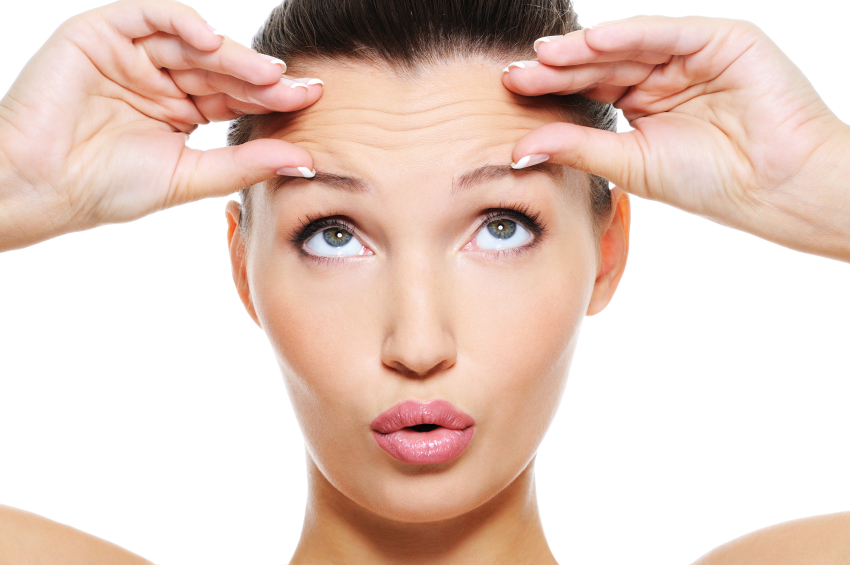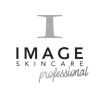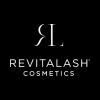flip through any magazine and you’ll see ad after ad of products that will reduce fine lines and stimulate collagen production. but, is a fine line really your greatest concern when it comes to looking younger?
I feel like I’ve heard it all when it comes to anti-aging. It’s often my clients’ number one concern, even if they’re just 25. I’ve seen every manner of claim from skincare products and marketing companies. But, in my opinion, most anti-aging products miss the mark…and not because they make claims that may or may not be true.
There are many factors that contribute to a more “seasoned” appearance. In my mind, many of these concerns are often overlooked when people shop for an anti-aging product. If you don’t address all of the factors that make you look older than your age (or, maybe just not younger than your age), you will still look older!
Texture
The texture of your skin is the number one reason that people look older to my esthetic eye. It’s the first thing I notice when I assess a client’s skin. Does the texture appear rough? Uneven? The good news is that this is the easiest problem to fix! Look for an exfoliating mask with glycolic or lactic acid that you can use 2-3 times per week, or a serum with the same ingredients, but in a lower percentage that you can use daily. Another option, depending on the extent of the texture and other concerns, may be retinoic acid. Retin-A can only be prescribed by your dermatologist, so be sure to use it according to his or her direction. Retinol is a lower percentage of the same ingredient and can be found over-the-counter. Retinoic acid can often cause irritation, so be sure to minimize your usage if you experience redness, flaking, or sensitivity.
Pigmentation
Ah, the concern that is near and dear to my own heart! People often think my freckles are cute, but to me, they are merging together into large brown spots and muddling my complexion. Research has shown that people will guess that someone who has uneven color to their skin is older than someone who has more fine lines! With this tidbit of information, I feel that every single person of every single color should have some form of pigment control in their arsenal, starting the minute that you begin a skincare routine. This can come in the form of a vitamin C serum (look for ascorbic acid or tetrahexadecyl ascorbate- my favorite form) or in a botanical brightener (try ingredients like arbutin, mulberry extract, or bearberry extract, to name a few). If pigmentation is already a concern for you, use one of each!
Ruddiness
Ruddiness is diffuse redness that is always present. This is often a sign of advanced sun damage, and often comes coupled with pigmentation. Here, look for anti-inflammatory ingredients like vitamin C (yes, again), aloe, green or white tea, and azulene. Make sure that your routine is gentle, using enzyme peels instead of scrubs, which can aggravate redness.
The true secret to having better, younger looking skin is targeting your routine to address specific concerns. Anti-aging products cover a broad range of concerns, so try targeting your concern with a serum and hopefully you will see better results. Fine lines may not be your biggest worry!








